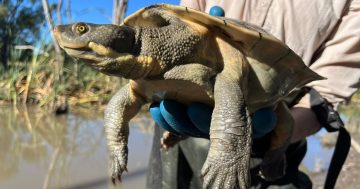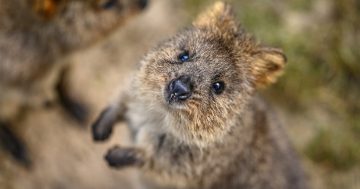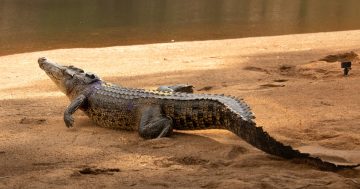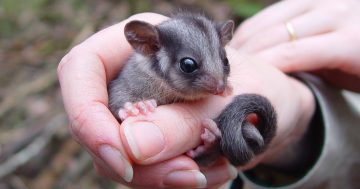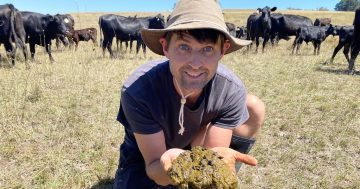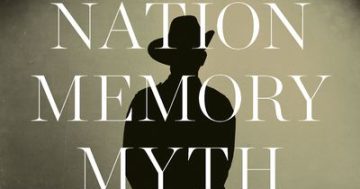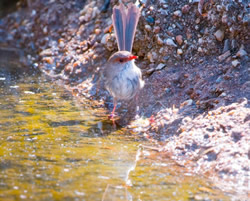 The ACT’s superb fairy wrens are likely to take risks if they can help members of their close social circle, say an international team of researchers from the Australian National University (ANU) and Monash University.
The ACT’s superb fairy wrens are likely to take risks if they can help members of their close social circle, say an international team of researchers from the Australian National University (ANU) and Monash University.
Unveiling the research finding, the ANU’s Robert Magrath from its Research School of Biology said wild superb fairy-wrens used rules similar to those used by human hunter-gatherers when deciding how much help to offer another in need.
Professor Magrath said the research team tested the birds’ willingness to help others by broadcasting distress calls from individuals with different social relationships.
“Broadcasting these calls allowed us to test how willing birds were to help others in need,” Professor Magrath said
“We found superb fairy-wrens are careful about who they aid,” he said.
“They’ll risk life and limb for birds from the same breeding group, but are more careful when helping casual acquaintances.
“As for strangers, amazingly, they completely ignored the cries for help.”
Professor Magrath said the study was the first to examine the decision-making process of animals living in a multilevel society.
Lead author and PhD candidate at Monash University, Ettore Camerlenghi said the wrens, like hunter-gatherers, had three distinct types of relations – those from the same breeding group, familiar individuals from the same community and unfamiliar birds from the wider population.
The findings have been published in Current Biology which can be accessed at this PS News link.


